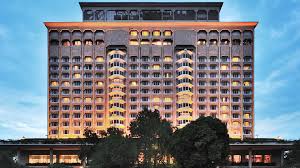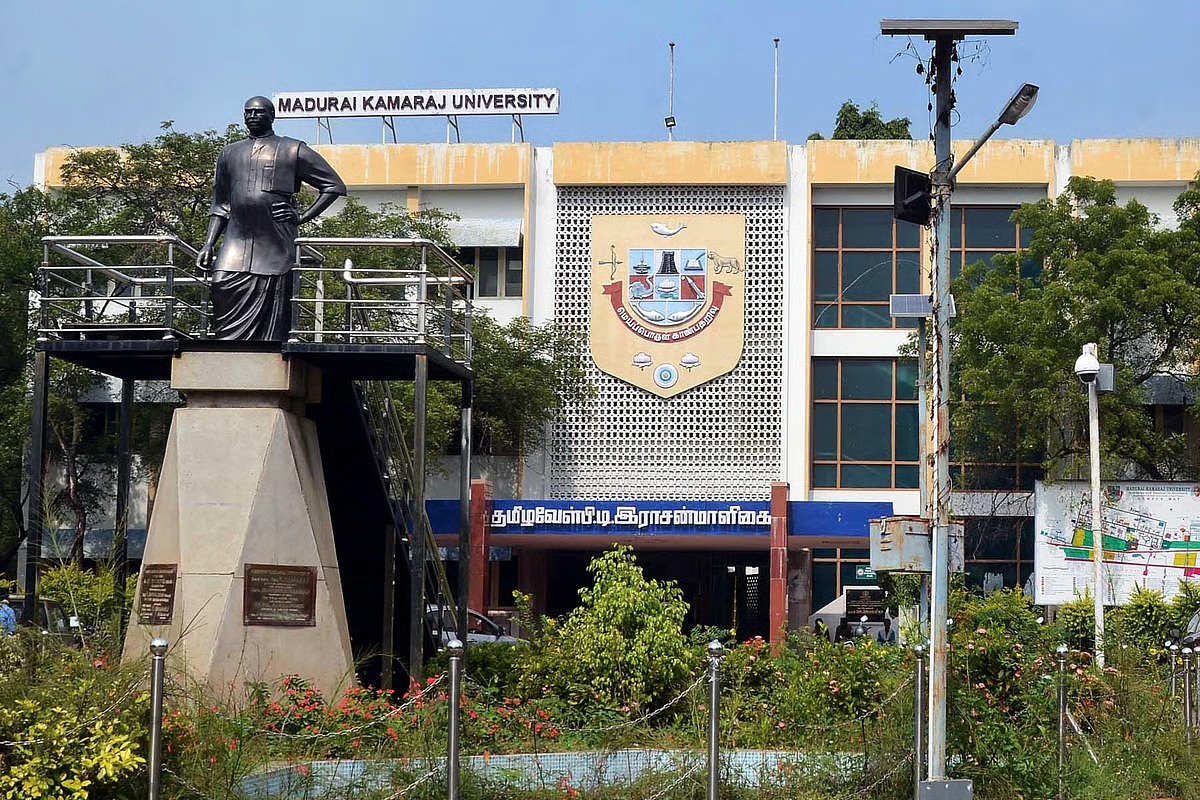A.K. De, J.@mdashUpon a complaint by the petitioner, Food Inspector, with the written consent of the Health Officer, Corporation of Calcutta, the two opposite parties, the proprietors of a shop located at 38, Bentink Street and another their Salesman in the shop, were summoned u/s 16(1) (a) (i) read with section 7 of the Prevention of Food Adulteration Act, 1954. to be hereinafter called "the Act'' for storing and or selling adulterated food. All the three accused, so summoned, appeared before the trying Magistrate. They filed a joint petition to state that they would plead guilty to the charge which may be framed on the evidence of the Food Inspector alone. The complainant examined the Food Inspector who proved several document Exts. 1 to 7. The three accused cross-examined the Food Inspector. The learned Magistrate thereafter considered the evidence so given and was satisfied on it that a charge u/s 16 read with section 7 of the Act should be framed. He framed charge only against the salesman accused. He explained the charge, so framed, to him and the said accused pleaded guilty. Accepting his plea the learned Magistrate had convicted and sentenced him. By the same order the learned Magistrate had, however, discharged the two accused opposite parties u/s 253(2) of the Code of Criminal Procedure holding the charge to be groundless as against them. His order discharging the two opposite parties u/s 253(2) of the Code is challenged in this Rule. A person who himself or by any person on his behalf stores or sells any adulterated food, is liable to be punished u/s 16 read with section 7 of the Act. The learned Magistrate in discharging the two opposite parties held as follows :
Admittedly, accused Nos. 1 and 2 are two owners of the shop. So the shop is a ''company'' u/s 17 of the P.F.A. Act. But the. company has not been made a party. The prosecution has led no evidence to the extent that either or both the accused Nos. 1 and 2 Bhagabati and Gulab were in charge or were responsible for the business at the material time. So, the charge against both of them is groundless.
The learned Magistrate also states in his Explanation, called for in this Rule.
It is true that both Bhagabati Shaw and Gulab were shown as proprietors in the petition of complaint. It is also true that admittedly they were the proprietors and the prosecution also adduced some evidence on that point. Thus, the business in question of the opposite parties Nos. 1 and 2 was an association of individuals and was, therefore, a ''company'' not within the meaning of the Companies Act but within the meaning of section 17 read'' with its Explanation (a) of the P.F.A. Act 1954.
2. A ''Company'' as stated in the Explanation to section 17 of the Act means a body corporate and includes a firm or other "association of individuals".
The expression "association of individuals" is not a term of art. A group of persons doing an act may or may not form an association. An association of individuals can be formed only when two or more individuals voluntarily "combine" together for a certain purpose. Volition on the part of the members of the association is the essential ingredient. The mere fact that two or more persons own one or more shops jointly and take the profit or bear the loss of the business run in the shop does not by itself indicate that they act as an association of individuals. What transpired from the evidence given before the learned Magistrate is that the two opposite parties are two owners of the shop. That does not by itself go to show that they act as an association of individuals. The learned Magistrate fell into error when he concluded that a business run by more than two persons is an association of those persons and is a ''company'' within the meaning of the term in the Explanation to section 17 of the Act. These two opposite parties as individuals are running the shop. They are therefore, liable to be tried and punished for an offence, if any, u/s 16 read with section 7 of the Act. In this view of the matter, the learned Magistrate''s order discharging the two opposite parties has been wrong. The result is that I make the Rule absolute, set aside, the order dated 21.5.73 of the learned Magistrate in Case No. 83D of 1972 so far as it discharged the two opposite parties u/s 253(2) of the Code and direct that a charge u/s 16 (1) (a) (i) read with section 7 of the Act be framed against each of them and they be tried on that charge in accordance with law and the procedure laid down in section 254 and the following section of the Code of Criminal Procedure. The two opposite parties are directed to appear before the learned Magistrate on or before 14.12.73, failing which the learned Magistrate will cause their appearance before him by issue of necessary processes.
Let the records be sent down as quickly as possible.

